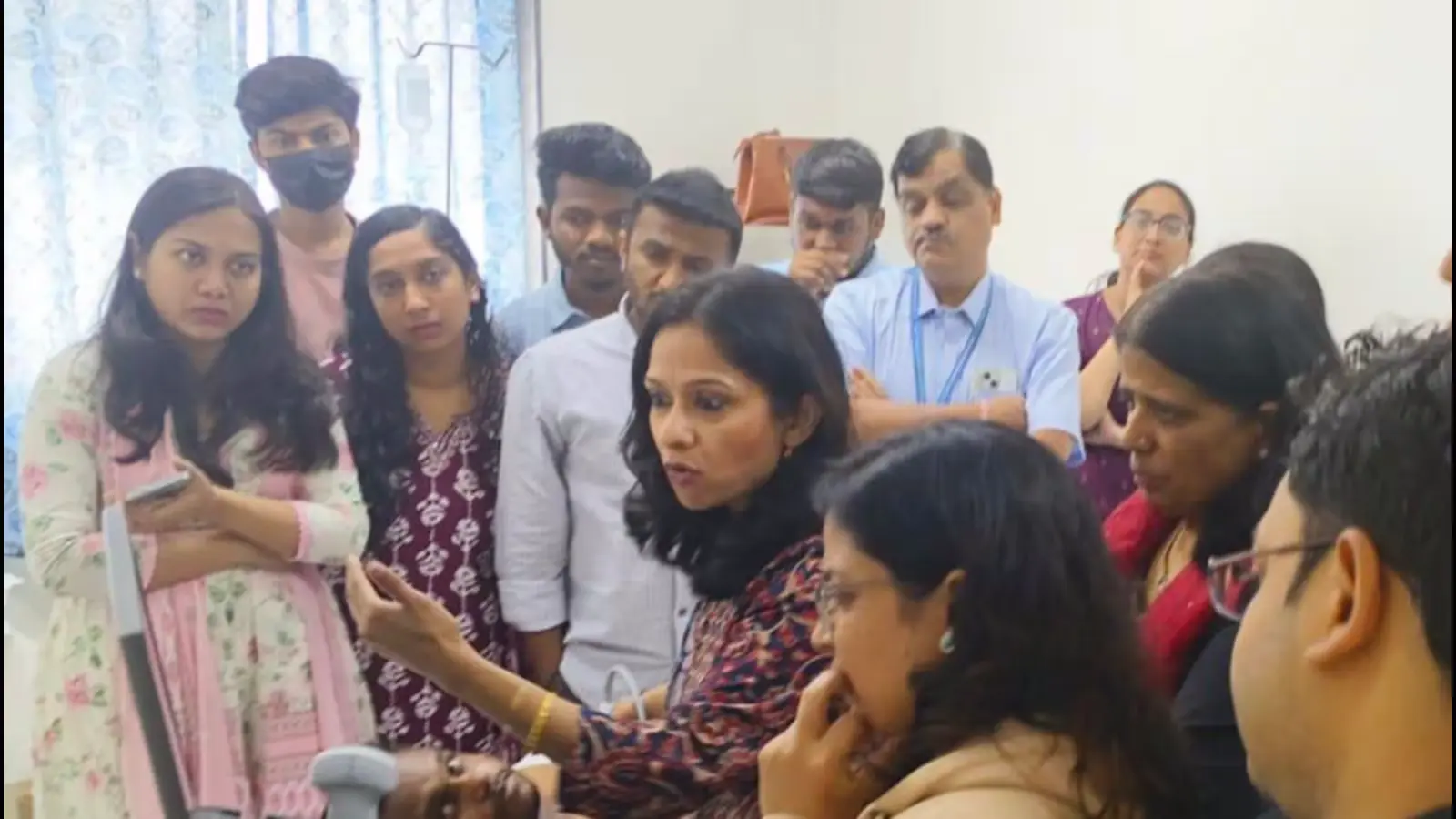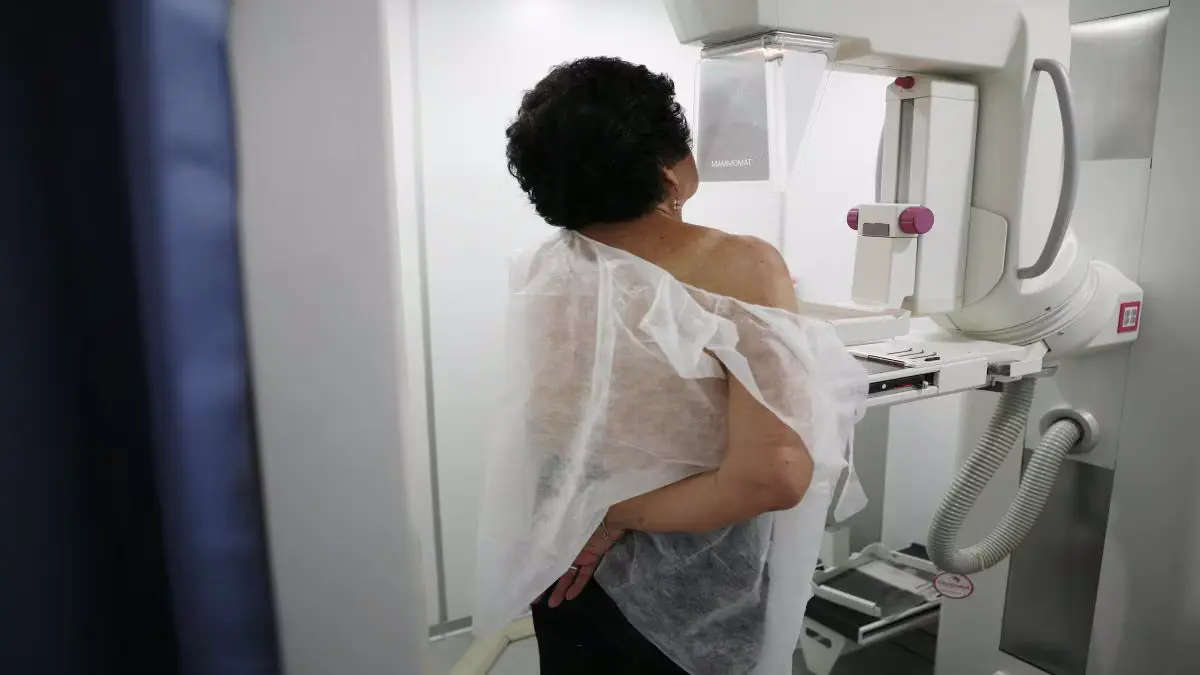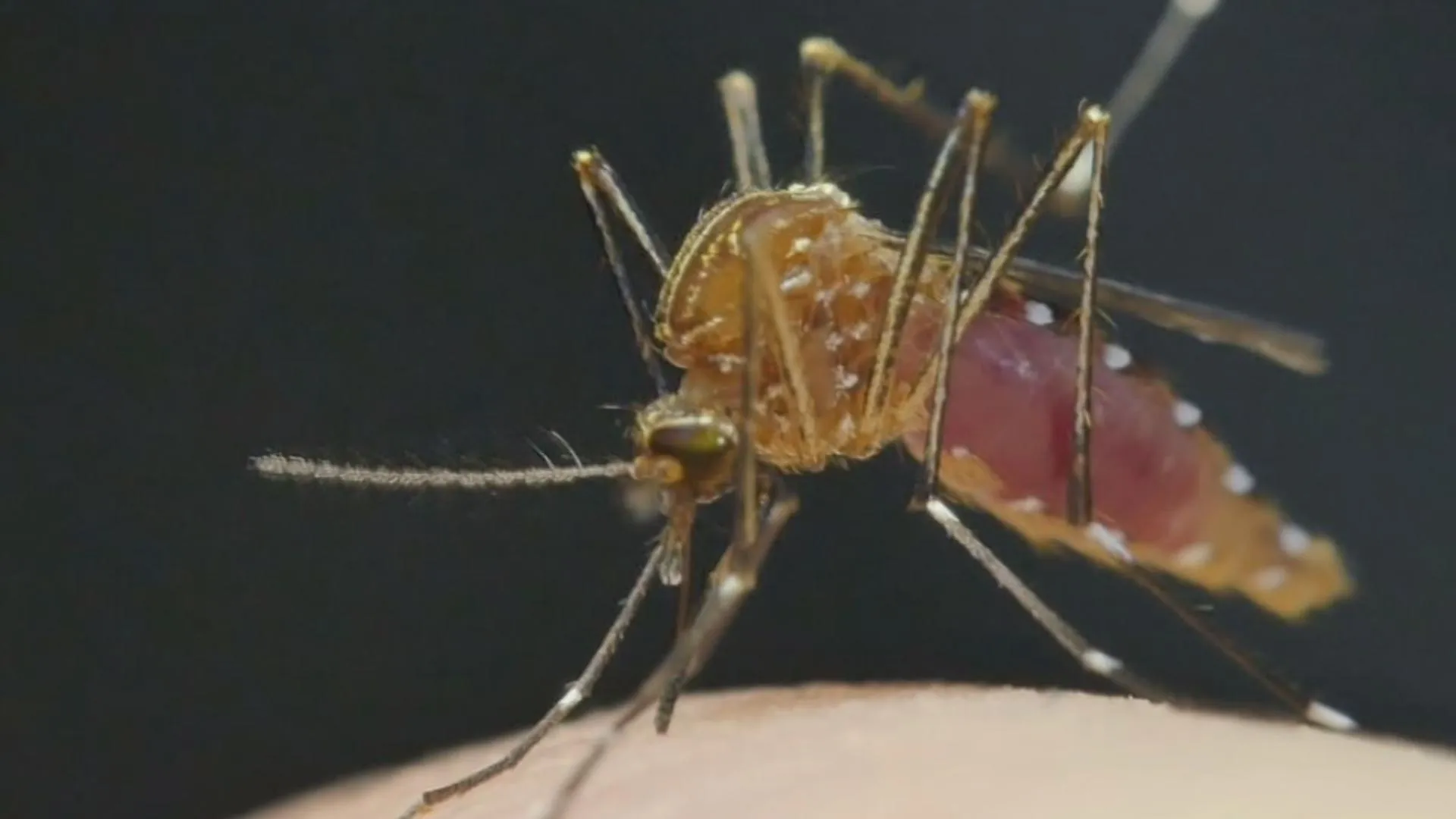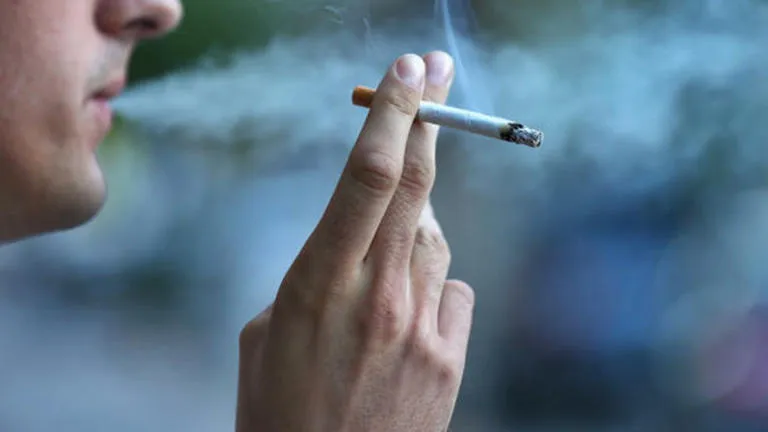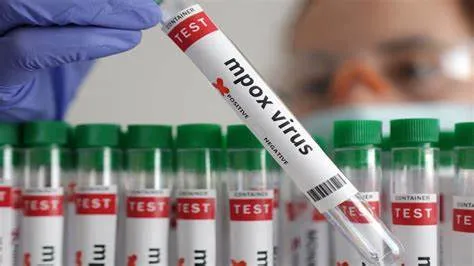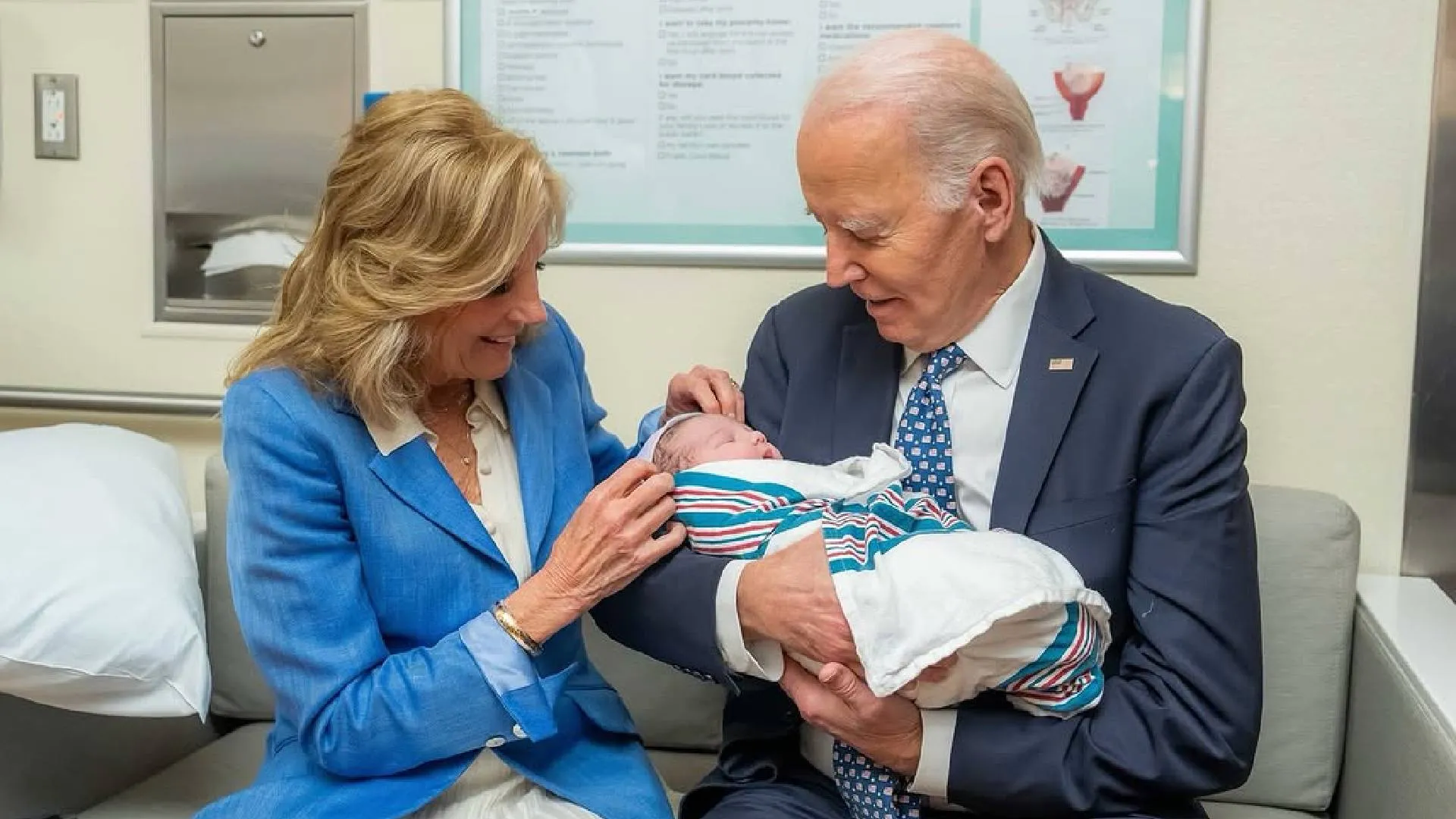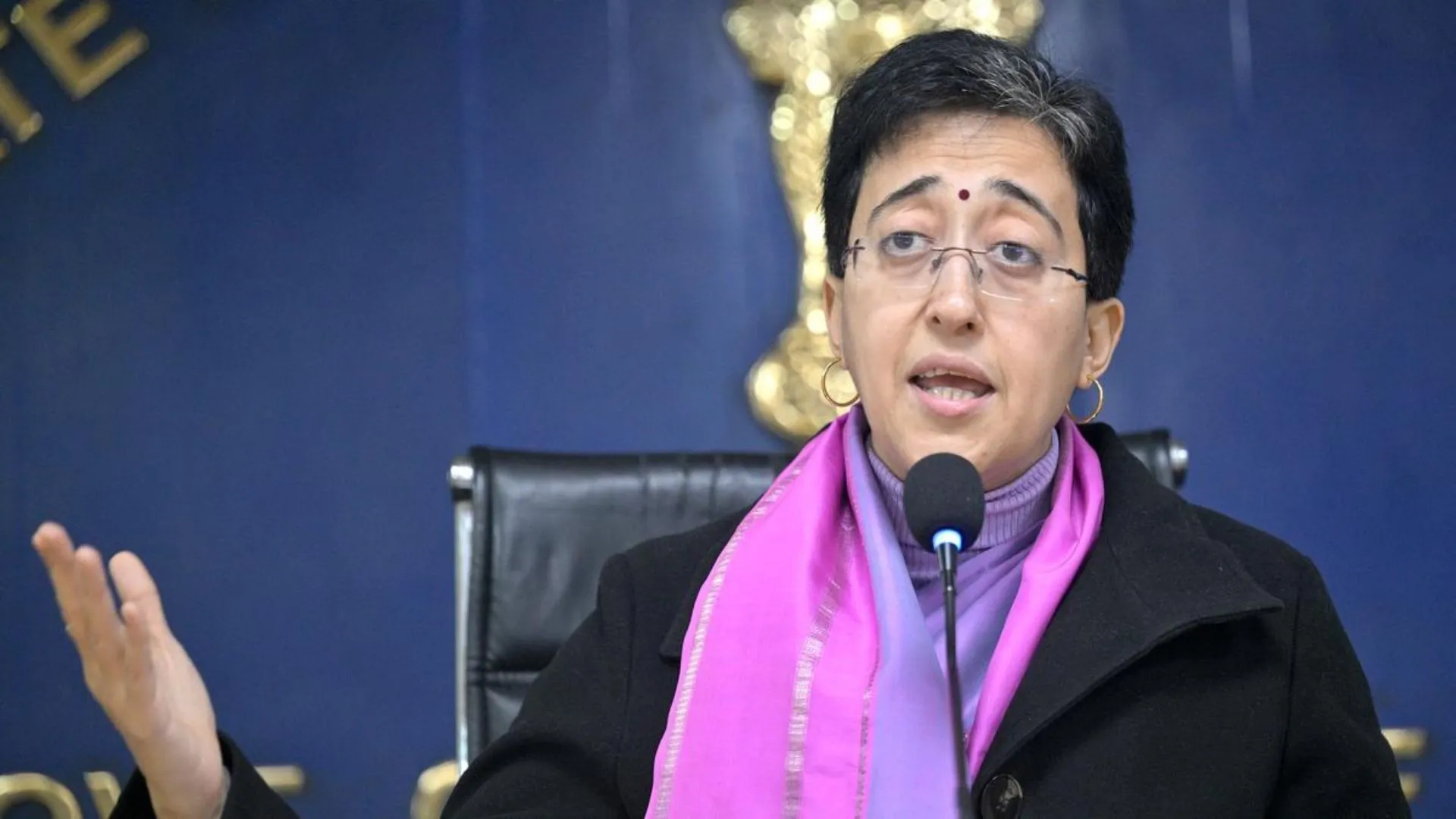Chronic liver diseases are common worldwide, especially in developing countries. The rapid spread of Covid-19 leads to the infection of many patients with underlying chronic liver diseases. To discuss the same, we spoke to Dr Shiv Kumar Sarin, Director of Institute of Liver and Biliary Sciences (ILBS); Dr Anil Arora, Chairman, Institute Of Liver Gastroenterology & Pancreatic Biliary Sciences Sir Ganga Ram Hospital, and Dr Kaushal Madaan, principal director and head of Hepatology from Max chain of hospitals.


Excerpts:
Q. What would be your advice regarding checkups to people with liver diseases and fear contracting Covid-19?
Dr Sarin: If somebody has cirrhosis, alcohol liver injury or cancer, they all require treatment and monitoring. So don’t put it away. Treatment for all liver diseases must be given and should not be delayed. Treatment is essential whether you opt for teleconsultation or go to the hospital. What you can do at home is to continue your diet and the prescription that the doctor has given.
Q. What would be your stand on alternative medication for liver diseases?
Dr Arora: Liver is an organ that does not require any servicing and maintenance till you intentionally or accidentally try to injure it. You don’t need any medication. You don’t need a specific diet. You don’t need any type of maintenance but do everything to prevent the damage.
Two major reasons why the liver gets damaged are if you are having too many of the calories in the diet, so initially, it gets deposited in the peripheral tissue that is subcutaneous tissue, and once those stores get exhausted, it tends to get into the vital organs. The liver is a central organ for the metabolism, production and synthesis of various proteins, and the integrated metabolism of fat, carbohydrates as well as proteins. It also is known to produce a number of coagulation and anticoagulation factors.
There have been guidelines from CDC, from our own ICMR and the Government of India and AIIMS, that stress on minimum medication. Even allopathic medicines are needed in minimum doses for a minimum duration of time. They will do more harm than good. Especially all chemicals, all ingestions, all food has to be metabolised through the liver. So anything and everything that you are taking for any purpose you have to take under the guidance of a registered medical practitioner, take it for a minimum period of time, at a minimum dose, for a minimum duration. Never self-medicate yourself.
Q. There were reports that drugs like azithromycin and remdesivir could affect the liver but they were widely prescribed by physicians. What would you say to liver patients?
Dr Sarin: Remdesivir cannot be given to patients with liver disease. Secondly, it is not proven beneficial. So I would be very hesitant to give. Azithromycin can also give liver injury. In fact, there is no reason to give these drugs if the patient has pre-existing liver diseases. Some Lancet papers stated that Covid-19 was more serious in those patients who had a BMI of about 25. In India, nearly 30%, one in three people, have a high BMI, they all have fatty liver. So, the disease is more common, more susceptible, injury is more progressive, and liver injury enzymes being abnormal or very high. Also, some people were mixing alcohol with Covid-19 pills as people were staying home and they were drinking.
Q. What would you say to those who have liver diseases, perhaps got Covid-19, have recovered and are craving alcohol?
Dr Arora: Drinking as a habit, when it is harmful for you, it is not recommended. If you look at our baseline population, which has non-alcoholic fatty liver disease coupled with so many metabolic abnormalities like diabetes, hypertension, these are all the risk factors that will aggravate the injury related to alcohol. Once in a while, socialising is understandable, but the problem is that alcohol is an addictive agent. If you look at the data from the US, the maximum number of cases that are being reported after cure from hepatitis is related to alcohol.
This is absolutely preventable. Not only on its own it causes problems, but in patients with underlying fatty liver or those with hepatitis B or C, this alcohol is an added synergistic effect to cause further liver damage. So, unless you are sure that there is nothing wrong, you should avoid alcohol.
Q. Does Covid affect more severely to liver cirrhosis and liver transplant patients?
Dr Madaan: There is ample data to suggest that patients who have the fatty liver disease will have a severe lung disease when they get Covid-19. They have very poor outcomes and more of them end up in the ICU. Patients, who are just at the stage of waiting for a transplant, are the ones with advanced liver diseases. So, if they get Covid-19, they are at high risk of dying. If they have a new liver, they already are immunosuppressed. Some schools of thought say that since they are already immunosuppressed, they’re not able to mount an immunoinflammatory response to Covid-19 so they may have mild disease. But this is a controversial issue.
Dr Sarin: If the transplant was done within the last three months, Covid-19 can be very severe, and you should act quickly. People who are on heavy immunosuppressants have rejections even after a year, and if they get a Covid infection, there is a problem again. Covid-19 does not make people’s health condition worse but they are already predisposed to other illnesses.
The liver is the root cause of diabetes and blood pressure and high triglycerides. If you have fatty liver or are obese, diabetic, comorbid, then you must look at the liver enzymes. Covid-19 gives you all a chance to lose weight. Become healthy, lean, and thin, so that unfortunately, if the third wave comes, you are strong, your liver is strong, and your body is strong.
Q. Tell us about the post-Covid care for liver patients?
Dr Sarin: Patients with liver disease have weak muscles. We call it sarcopenia. Even if they are obese, they have limited muscle power. If your liver is weak, your muscles are also weak and after Covid-19, there is extreme fatigue and loss of appetite. You have to be more careful about this and get your antibodies done if you need them. For a patient with cirrhosis after recovering from Covid-19, he needs to remember that the liver can digest more fats than pure carbohydrates. So avoid carbs. Your main diet should be protein-based and the energy source can be fat. Exercises are essential.
Dr Arora: All those who suffer from Covid-19 are likely to come down with ‘Long Covid’. There are many reasons for that. You may have a bit of virus or the immune process which may still be simmering around the body or an immune complex disease that may be present or activation of the immune system. Coming back to the liver patients, if you have a concomitant Covid, you may have multiple reasons why the liver can get affected. It may occur due to the hyperinflammatory syndrome which comes out from the lungs and gets disseminated in the body, of which the liver gets the major share of the blood. Several drugs that are given to treat Covid-19 have indirect toxicity on the liver. If you have had a recent infection, you are likely to come down with more complications. Regularly follow up with a liver specialist if you have underlying liver disease.
Q. Liver patients have compromised immunity, they may not have enough antibodies. So, is the vaccine good for them?
Dr Arora: In the initial registration trials that were conducted in the US and UK, they excluded patients who had chronic liver diseases or those with an immunocompromised state. There is data published on Pfizer’s registration trial that has shown that the chance of development of antibodies is only 20% in patients with advanced liver disease or liver transplantation. Not all those with the immunocompromised state will develop antibodies. All patients who have an immunocompromised state will not produce antibodies. But in case you have developed antibodies and can be more confident that you won’t have the viral infection, don’t be under the wrong impression that you have been protected. If you don’t have antibodies even after vaccination, you have to be extra careful. You must be extra cautious.



